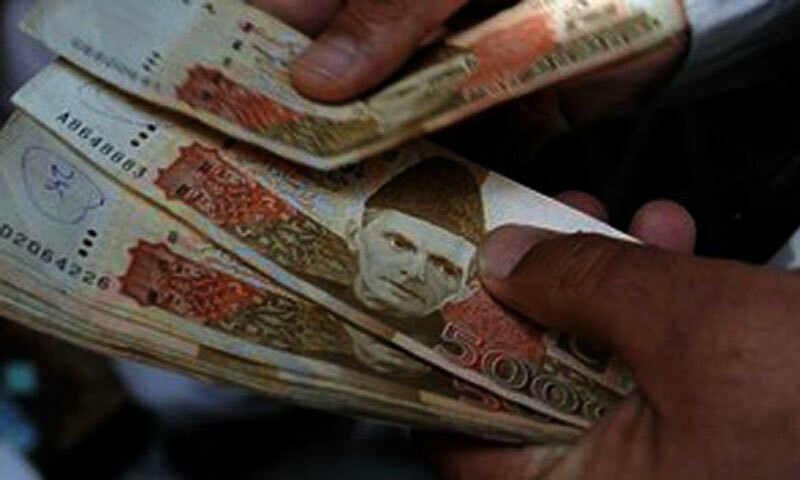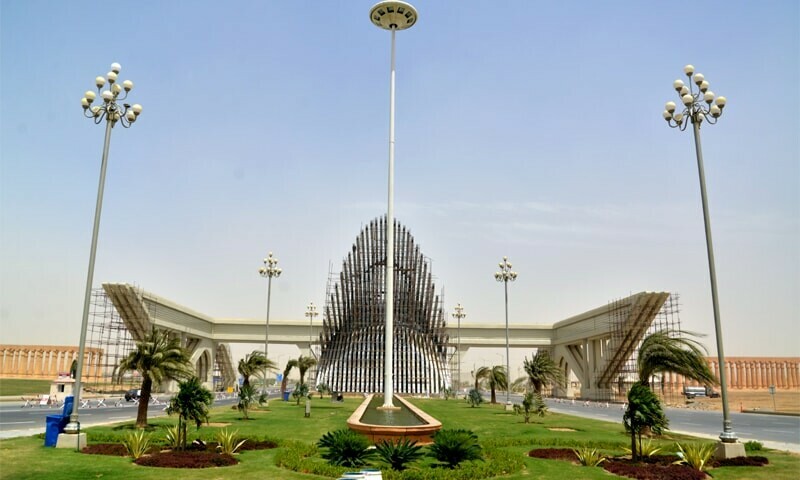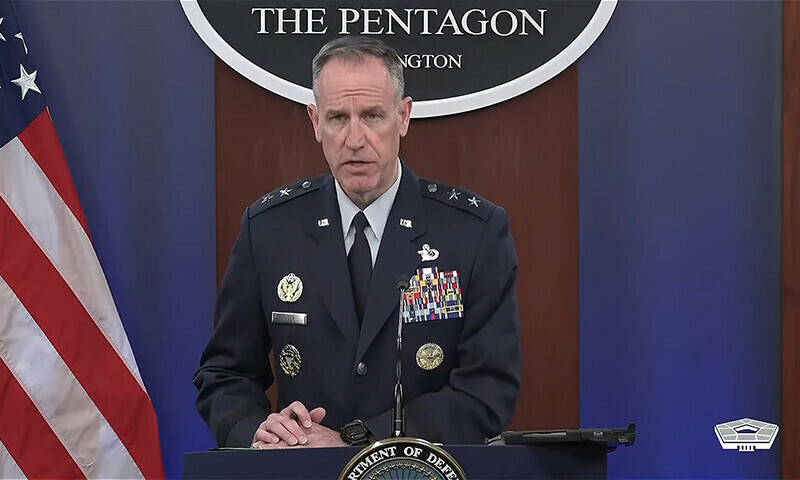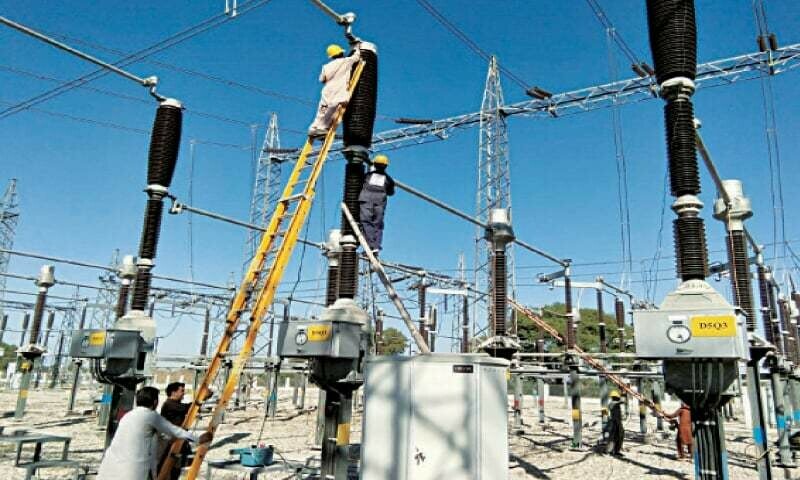• PM forms body, led by finance minister, to examine fresh grants for govt servants
• Govt employees seeking more compensation following increase in judges’ pay
ISLAMABAD: Despite a shortfall in revenue collection, the government has started working on offering lucrative allowances to its employees, in addition to a salary increase of up to 25 per cent, effective from July 1, 2024.
The federal government’s revenue collection increased by only 23pc in the first five months of the current fiscal year, falling short of the targeted 40pc growth to achieve Rs12.97 trillion by June 30, 2025. In response to the revenue shortfall, the government is committed to introducing contingency taxation measures — a new term for a mini-budget — as part of its agreement with the International Monetary Fund (IMF).
Informed sources said the government’s narrative of lower inflation is not gaining much traction, even among government servants in both the civil and armed forces, despite the consumer price index (CPI) falling to a 78-month low of 4.9pc in November, due to the higher base effect from last year’s peak of 29pc.
They added that the PM Office and the Ministry of Finance have been receiving regular representations from various stakeholders and employee groups, seeking additional compensation, particularly following the recent significant increases in salaries and allowances for judges.
As result, Prime Minister Shehbaz Sharif has constituted an eight-member ‘special committee’ for “revision of existing or grant of new allowances to government servants” during the current financial year. Led by Finance Minister Muhammad Aurangzeb, the committee includes an overwhelming representation from the intended beneficiaries. It comprises the secretaries for finance, cabinet, establishment division, defence, and interior, as well as the minister for economic affairs, who was a batch mate to many grade 21 officers, and the minister of state for finance and revenue.
The single-point task before the special committee will be to “review the proposals received by finance division for revision of existing or grant of new allowances to government servants during currency of a financial year. The committee shall review and recommend revision/grant to the cabinet at the time of approval of annual budget”, a notification said.
Before the up to 25pc increase in salaries for all civil employees and armed forces personnel in June last year, followed by a more than 100pc increase in compensation for judges last month, the state-run think tank, Pakistan Institute of Development Economics (Pide), conducted a detailed study.
The study revealed that the federal government spent over Rs8 trillion on paying its 1.92 million employees and providing pensions, along with more than six dozen types of perks, privileges, and other benefits. However, there was little knowledge about their contribution, outcomes, and impact on taxpayers.
While the judiciary receives the highest perks, it is the Pakistan Administrative Services (PAS) — formerly the DMG — that manipulates special benefits, preventing professionals from other cadres from excelling and delivering results for taxpayers, Pide said earlier this year.
“In Pakistan…the cost of paying these employees is about Rs3 trillion, and pensions cost about Rs1.5 trillion. Project workers, people working in government companies, and other organisations cost approximately another Rs2.5 trillion” while the total amount spent on wages and salaries of the military becomes around Rs1tr, the study, titled ‘Lifetime Cost of Public Servants’, said.
It added that the Basic Pay Scale (BPS) of 1983 had undergone a series of revisions, with a total of 12 updates implemented since its inception — the latest revision in 2022. “Sadly, none of these revisions were based on modern human resource principles to develop modern public sector incentives with market conditions and the needs of modern management”.
It said the BPS system continued with the socialist one-pay scale structure across the entire public sector with a few minor tweaks, but PAS was increasingly favoured with non-monetary benefits and better appointments.
The technical or professionally skilled remain sidelined in terms of grades and in terms of non-monetary benefits.
While the national pay scales later sought to enter the system to lateral entry to BPS for technical or sector specialists in management pay scales and special pay scales (MPs & SPS) but this was made difficult and yet “all subservient to PAS”.
The study on perks and benefits of civil servants concluded that as generally believed, civil servants are not at a salary disadvantage; in fact, there was a lot more which never reflected on their salary slips.
With higher grades, the proportion of cash allowances in pay and quantified perks in the total cost increases and government housing facility, given as an in-kind benefit, has never been accounted for in the total cost of the civil servants.
The use of official vehicles for personal use by grade 20-22 officers increases the total cost by more than 1.2 times the basic pay. In addition are the medical allowances and medical bills reimbursements.
“Perks and different allowances add to the total cost of civil servants substantially, and if monetised, would break the myth of low salaries in the public sector. The judicial employees receive the highest number of perks… The secretariat and other ministries’ staff also gain 150pc of their basic salary as an allowance,” the study added.
Published in Dawn, December 21st, 2024





Leave a Reply